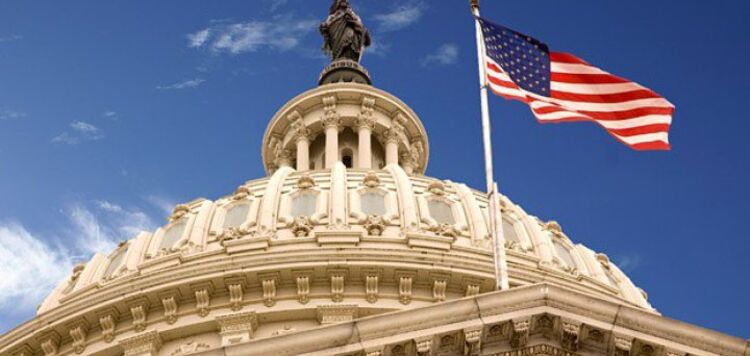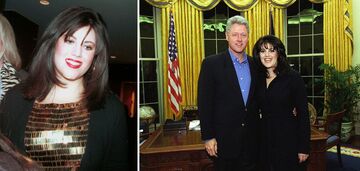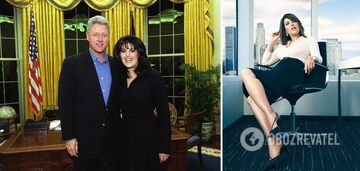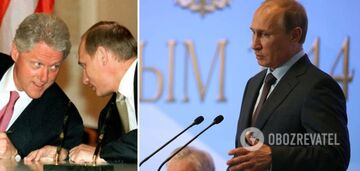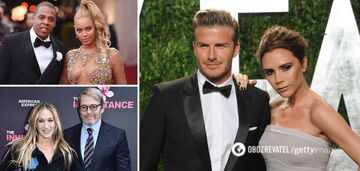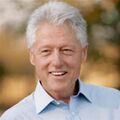
Bill Clinton
42nd President of the United States (1993-2001) from the Democratic Party. Prior to his election as President of the United States, Clinton was twice elected Governor of Arkansas.
William Jefferson Blythe was born August 19, 1946, in Hole, Arkansas. When Bill was 4 years old, his mother married car salesman Roger Clinton. Bill took his stepfather's last name when he was 15 years old.
After high school, he attended alternately Georgetown University in Washington, D.C., University College (Oxford), and Yale University. Despite the fact that by American standards Bill's family belonged to the middle class, his parents had no money for education at a prestigious university, and his stepfather was seriously suffering from alcoholism by that time, and Bill was managing on his own. He received an advanced scholarship and worked three jobs at the same time. At Yale University, where he graduated in 1973, he met Hillary Rodham, whom he married on October 11, 1975. After graduation, Bill briefly taught at the University of Arkansas Law School in Fayetteville.
In 1974, Bill ran for Congressman from his home state of Arkansas at the age of 28, but lost. In 1976, he was elected to the post of Arkansas Secretary of Justice and Attorney General, and in 1978 he won the gubernatorial election and became the youngest governor in the history of the state (at age 32). Focusing on promoting entrepreneurship and the rise of education, Clinton in 11 years of governorship has greatly increased the revenues of the state, considered one of the most backward in the U.S..
On October 3, 1991, Bill Clinton ran for president of the United States. During the campaign, the emphasis was put on the poor economic condition of the country after 12 years of Republican rule, and in particular George W. Bush. The huge national debt, budget deficit, growing unemployment and high inflation allowed Bill Clinton to conduct his campaign under the slogan "It's the economy, stupid," which was eventually directed to the incumbent President Bush. In the end, Bill Clinton won convincingly, paired with running mate Albert Gore, with Clinton winning in traditionally Republican states, something not seen since John F. Kennedy.
On January 20, 1993, William Jefferson Clinton was inaugurated. In his inauguration speech, Clinton managed to convey his main message - the need for change and the historical significance of a generational shift in leadership and the arrival of young people who are aware of their "new responsibility". Bill's lack of experience in big politics played its negative role at the initial stage of his first term.
Still, the U.S. economy grew at an impressive rate, the high-tech sector grew dramatically, unemployment was minimal. Bill improved relations with many formerly hostile countries, and the world was in relative order. The 1996 election was dull and mundane - no one doubted the winner.
Perhaps the most high-profile event of the second term was the scandal connected with White House trainee Monica Lewinsky. Clinton denied under oath the intimate relationship with Lewinsky, but in August 1998 was forced to admit that he perjured himself. In December of that year the House of Representatives voted to impeach the president, but in 1999 Clinton was acquitted by the Senate.
In recent years Bill Clinton has been active in public affairs, is a member of various public political and charitable organizations, in particular the Trilateral Commission

